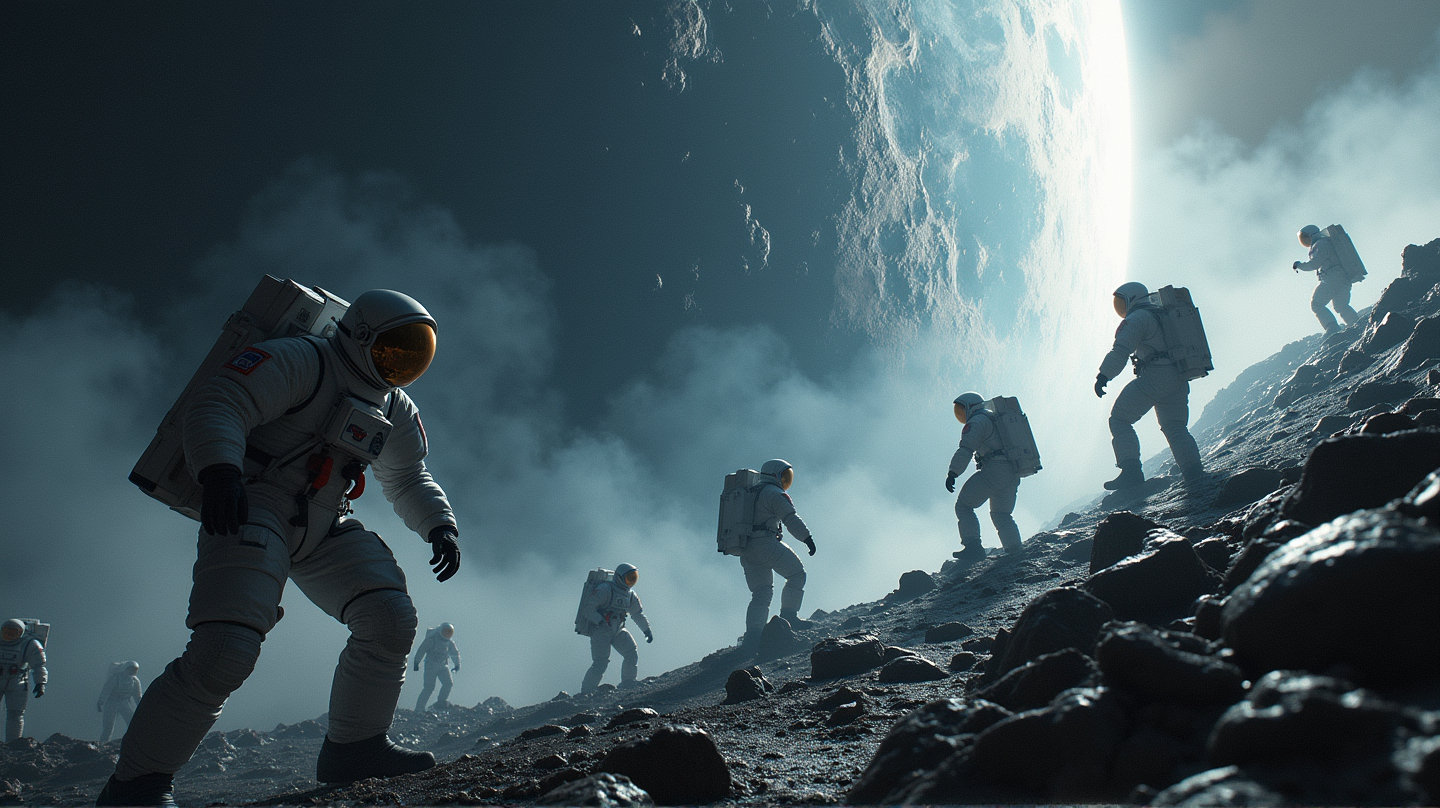Space Rescue: Experts Warn of Impending Astronaut Crisis
As space tourism rises, experts warn that a lack of coordinated rescue efforts could lead to fatal crises for astronauts.

In a rapidly advancing era of human spaceflight and burgeoning space tourism, experts are sounding the alarm over a critical oversight: the lack of a coordinated space rescue system. This crucial warning was delivered at the AIAA ASCEND conference in Las Vegas by aerospace safety experts from The Aerospace Corporation, spearheaded by Grant Cates.
Navigating the “Rescue Gap”
The experts emphasize a lack of preparation for emergency scenarios in space, creating a perilous “rescue gap.” As stated in Orbital Today, this gap could leave astronauts vulnerable, especially due to incompatibilities in spacecraft docking systems and life support settings. Previously, NASA astronauts faced extended stays on the International Space Station due to such issues, underscoring the potential danger.
The Risks of Delayed Spacecraft Readiness
Today’s space launch ecosystem cannot rapidly respond to potential emergencies, a stark contrast to the readiness seen during the shuttle era. Parker Wishik, Cates’ colleague, warns that without speedier responses to crises, more lives could be at risk as the number of humans in space continues to grow.
A Blueprint for a Rescue System
In response, experts Cates, Wishik, and Jan Osburg from the RAND Corporation have proposed a three-part framework. This includes mandatory data-sharing before launches, detailed pre-launch rescue planning, and ensuring rapid launch readiness by studying agile launch exercises like the U.S. Space Force’s VICTUS NOX exercise. These steps, they argue, can utilize existing resources without incurring significant costs.
Space Rescue: A Call for Global Collaboration
Despite the robust blueprint, some voices in the aerospace community call for expanding rescue options beyond Earth-launched systems. Critics argue that future Moon or Mars missions would benefit from in-situ rescue capabilities. Furthermore, they raise valid concerns about the complexity and risks associated with spacewalks during rescues.
Former NASA officials have echoed the urgent call for action. They advocate for creating realistic rescue plans and engaging with global partners to ensure astronauts’ safety.
The Time for Action is Now
With the clock ticking, Grant Cates stresses the importance of immediate action to prevent potential tragedies. As the space environment becomes more populated, the need for a reliable rescue system is becoming increasingly clear. Without such measures, the thriving future of space exploration may be shadowed by preventable disasters.

